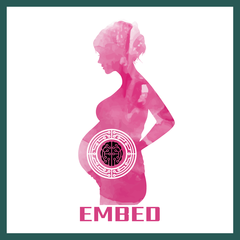Alcohol affects gene expression in several brain regions. The amygdala is a key structure in the brain’s emotional system and in recent years the crucial importance of the amygdala in drug-seeking and relapse has been increasingly recognized. In this study gene expression screening was used to identify genes involved in alcoholism in the human basolateral amygdala. The results show that alcoholism affects a broad range of genes and many systems including genes involved in synaptic transmission, neurotransmitter transport, structural plasticity, metabolism, energy production, transcription and RNA processing and the circadian cycle. In particular, genes involved in the glutamate system were affected in the alcoholic patients. In the amygdala the glutamate system is involved in the acquisition, consolidation, expression and extinction of associative learning, which is a vital part of addiction, and in alcohol abusers it is associated with withdrawal anxiety and neurodegeneration. Downregulation of the excitatory amino acid transporters GLAST, GLT-1 and the AMPA glutamate receptor 2 (GluR2) revealed by the microarray were confirmed by Western blots. The decreased expression of GLAST, GLT-1 and GluR2 in the alcoholic patients may increase glutamate tone and activity in the basolateral amygdala and this may contribute to neurodegeneration as well as the expression of associative memories and anxiety which underlie continued drug-seeking and chronic relapse.
Two-condition experiment, alcoholics vs controls. Biological replicates: 6 alcoholics 6 controls, one replicate per array.
